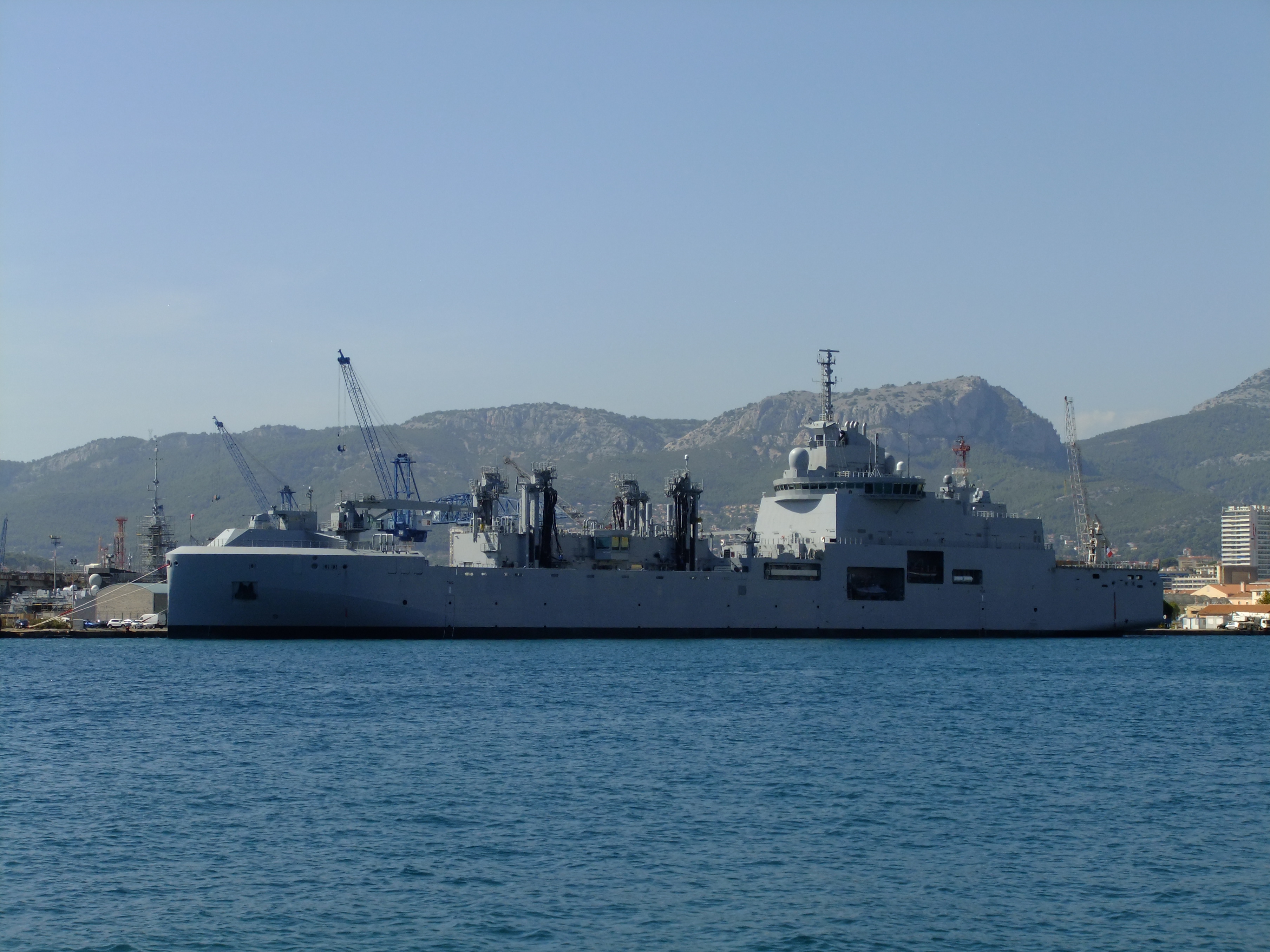The emergence of new players such as India and China has provoked such a transformation in both the geo- and space-strategic fields that Europe has been obliged to take urgent steps to develop a military space programme to sustain its position on the international stage. The desire of the United States to achieve ‘space control’ or to militarise space shows the importance of military space in the conduct of external operations. Current European military space programmes are merely the fruit of an amalgamation of national resources. In this field France has always been the instigator of the European space effort, as demonstrated by the Helios II programme. If there is to be a European military space programme, it will emerge from a desire to cooperate that is shared by several EU member states, and not exclusively from the resolve of France, as has so often been the case in the past.
Europe’s military use of space
With the launch on 14 October 2005 of the Syracuse 3A military communications satellite (MILSATCOM), the never-ending debate on European military capabilities resurfaced. For many years now, Europe has been acutely aware of the central, strategic role played by space as a basis for its sovereignty and international authority. In the face of today’s political, military and economic challenges, space is a federating project that cannot be ignored when defining the European defence identity. Up to now, only civilian applications of space have truly benefited from genuine European cooperation, thanks to the close relationships between the European Space Agency (ESA) and national agencies, primarily France’s National Space Studies Centre (CNES). Military space, for its part, suffers from national reservations about the coordination of investment in the development of joint military programmes.
MILSATCOM: A Typical Example
In the space communications field, but also in other space applications (observation, navigation, etc.), Europeans are developing, or have already developed, their own military satellite systems. Even if cooperation in the strict sense of the term does not exist, European countries that lack a space capability (observation, radar, communications, etc.) still have the option of entering into a form of multilateral cooperation, in other words acquiring satellite capability from partners through leasing or exchange arrangements. Galileo(1) is currently the only European military space programme. There is now an urgent need to capitalise on European aspirations to the status of ‘space power’, failing which, many European nations will opt for transatlantic cooperation: the interest expressed by the Netherlands in the US Advanced EHF (AEHF) programme(2) is a prime example of this.
Il reste 89 % de l'article à lire







